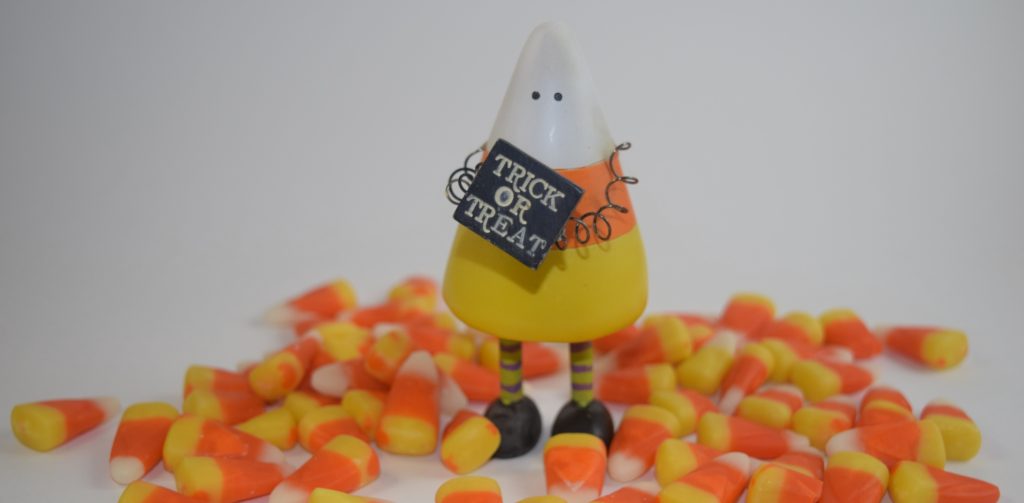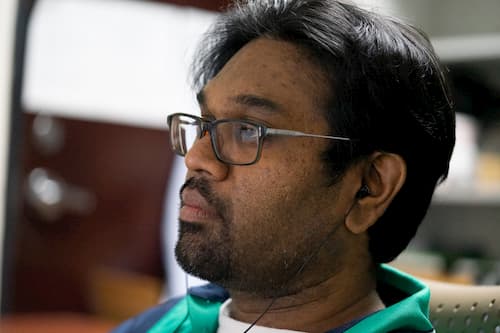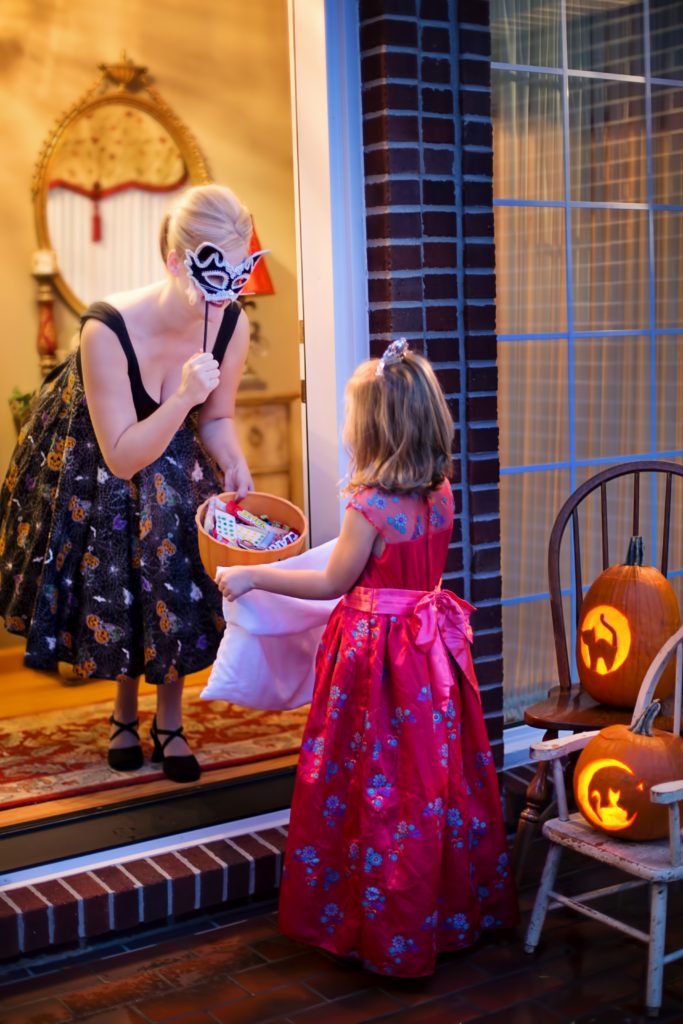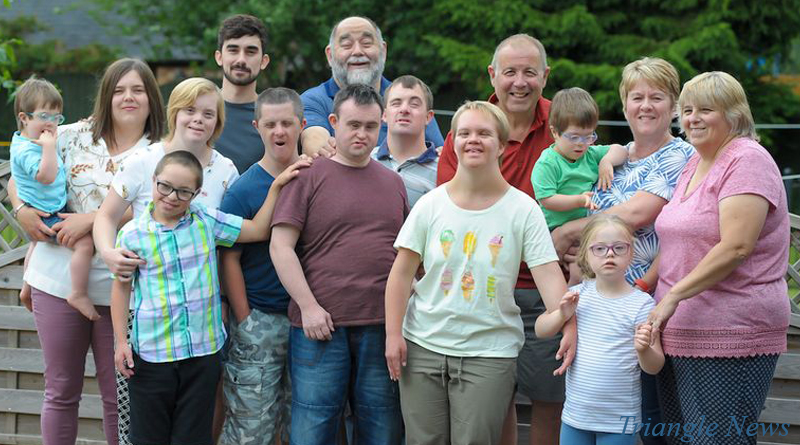
5 Tips for Safe Neurodiverse Trick or Treating
Keeping Halloween Safe and Fun!
1. Prepare in Advance
- Explain Halloween to your child beforehand. This may require some research on your part, depending on your child. Be ready for questions you may not know the answer to.
- Go over what to expect, such as being out at night, decorations, other children walking around, and anything else your child may encounter. Use pictures and other media to show your child what to expect so they can see and understand better.
- Choose the costume together with your child and have them try it out so they’re comfortable inside the costume (fits properly, doesn’t itch, can see properly, etc.)
- On your own, anticipate what can go wrong (they get scared, their costume or bag breaks/tears, they want to leave early, have a meltdown, or any other scenarios you know may happen with your child) and prepare backup plans for those situations accordingly.
2. Plan Your Route
- Go places your child is already familiar with, and preview the route with your child so they’re familiar with the route itself.
- If you need to, let your neighbors know what’s going on in advance.
3. Practice How to Trick or Treat
- Teach your child what to do (Ex. Stay with the group, knock 2-4 times, don’t go in the house, etc.) what to say and when to say it (“Trick or treat!” when the door opens, “Thank you!” if they get a compliment and after they get their candy).
- Also, do a dry run or two with your child before Halloween so they have an idea of what they have to do on Halloween night. Again, inform your neighbors if you need to.
4. Pick Some Friends to Go With
- Coordinate with the parents of some of your child’s friends to trick or treat together. Going with friends will make you child’s experience that much more comfortable and enjoyable, being around friends.
- Your child doesn’t have to go everywhere their friends are going, but you may be surprised how much farther your child might be comfortable going with their friends!
5. Perform!
- Go forth and have fun with your child!
- Be sure to encourage your child and provide them positive feedback as they venture out and trick or treat.


Andrew has worked with many children with various neurodiversities in various educational settings, most often as a science teacher. He enjoys reading, games, sports, music, biking, and volunteering. One day, Andrew hopes to be a pediatrician and continue his work with children in a medical setting. Currently, Andrew works at the Dr. Harold Reitman Boys and Girls Club, teaching teens valuable life skills such as money management, academic success skills, and career pursuit and retention skills.





